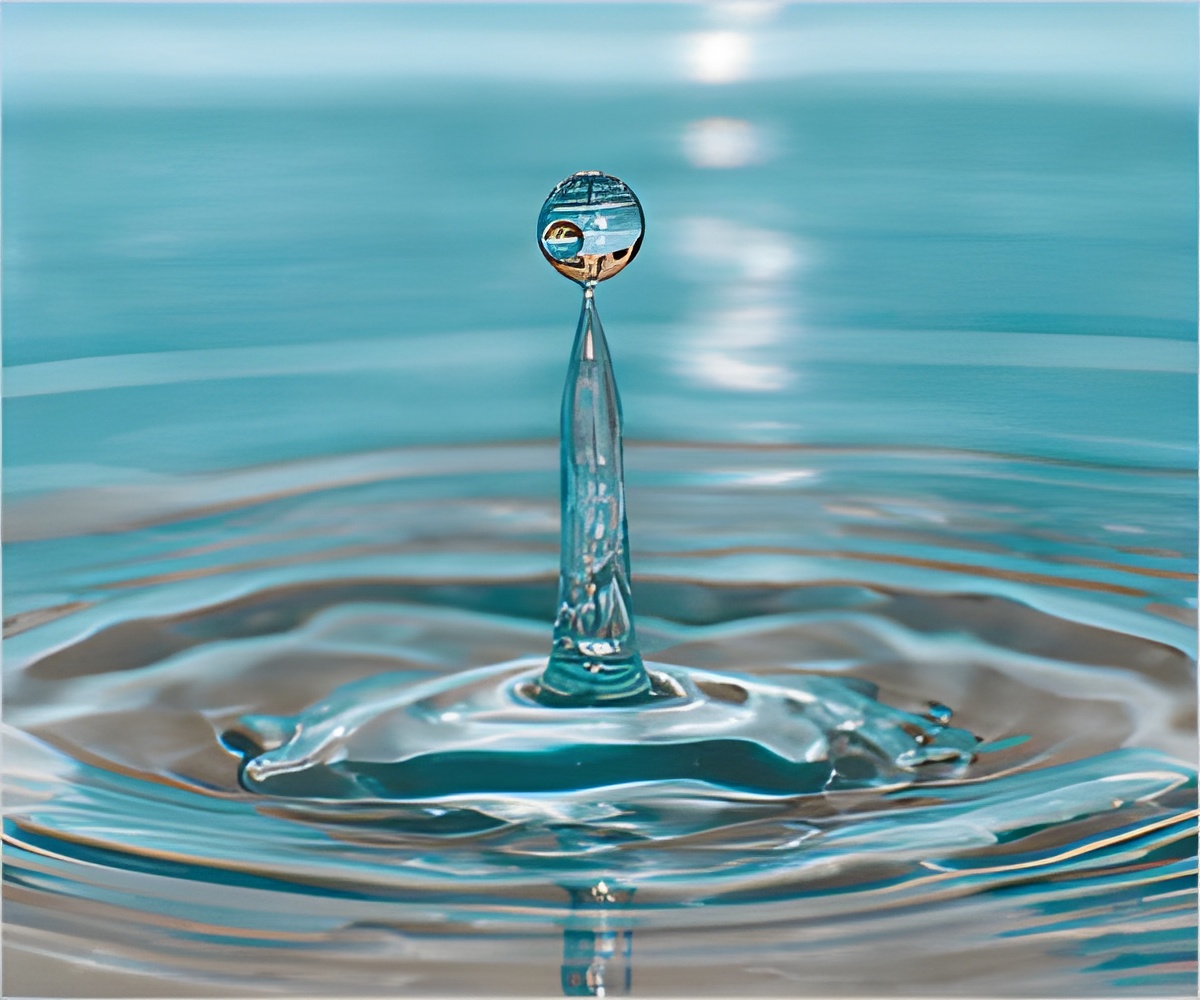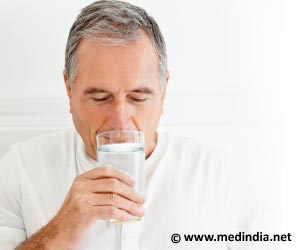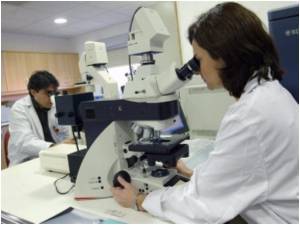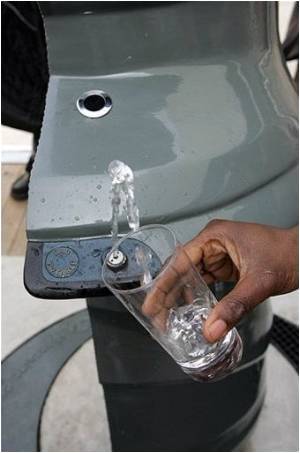The researchers developed a second-generation synthetic water channel that are much better than the first-generation artificial water channels reported to date.

"Nature does things very efficiently and transport proteins are amazing machines present in biological membranes. They have functions that are hard to replicate in synthetic systems," said Manish Kumar, assistant professor of chemical engineering at Pennsylvania State University.
The most obvious use of the technology is to make highly efficient water purification membranes, Kumar added.
The researchers developed a second-generation synthetic water channel that improves on earlier attempts to mimic aquaporins - natural water channel proteins -- by being more stable and easier to manufacture.
“We were surprised to see transport rates approaching the 'holy grail' number of a billion water molecules per channel per second," noted Kumar.
The team also found that these artificial channels like to associate with each other in a membrane to make 2D arrays with a very high pore density. The researchers consider that these membranes are much better than the first-generation artificial water channels reported to date.
Advertisement
Source-IANS












